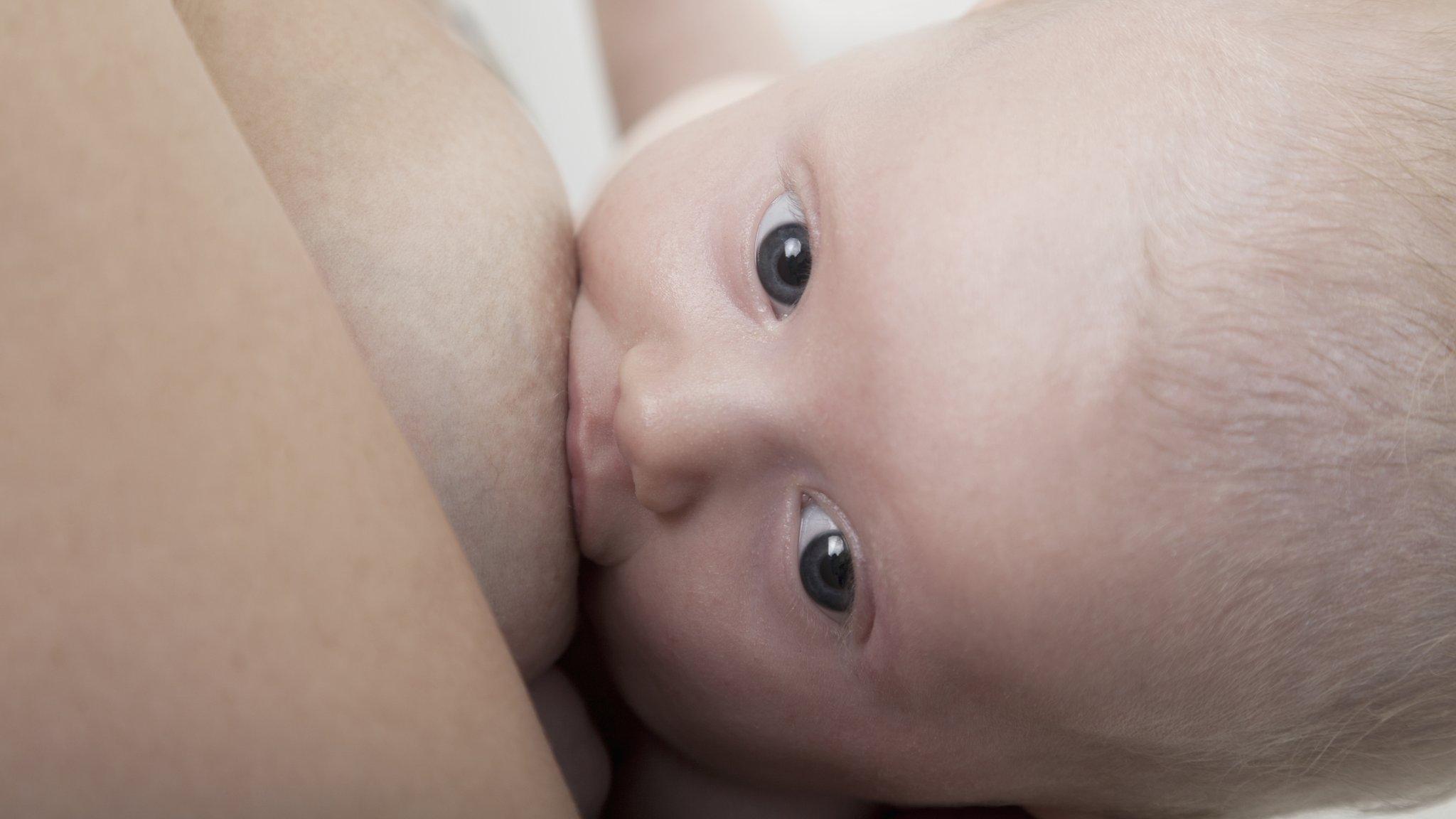Transgender woman breastfeeds baby in first recorded case, study says
- Published
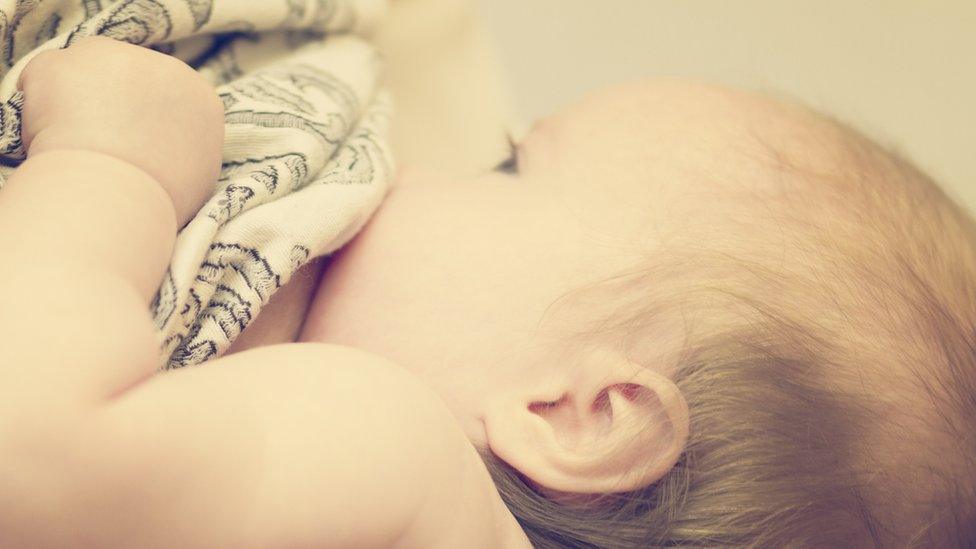
A transgender woman has been able to breastfeed a baby in the first recorded case of its kind, researchers say.
The 30-year-old wanted to breastfeed after her pregnant partner said she did not want to do it herself, according to the Transgender Health journal, external.
She was able to breastfeed after taking a course of drugs and breast pumping, the US case report said.
A UK expert said the "exciting" research could lead to more cases of transgender women breastfeeding.
The woman had been on hormone replacement therapy for six years, but had not gender reassignment surgery, when she approached doctors with the aim of breastfeeding the child.
Before the baby was born, doctors put her on a three-and-a-half-month course of treatment to help her artificially produce milk, usually given to women who have adopted babies or who have them via surrogates.
This included breast pumping, taking hormones produced by biological mothers, a drug which can stimulate milk production and a male hormone blocker.
As a result, the woman was able to produce a "modest but functional" amount of breast milk - some 8oz a day.
Researchers said this was the baby's only source of nutrition for its first six weeks, during which time her growth, feeding and bowel habits were "developmentally appropriate".
After this, the baby also started having formula milk because not enough breast milk was being produced.
The baby is now six months old and she continues to be breastfed as part of her diet, the study's authors said.
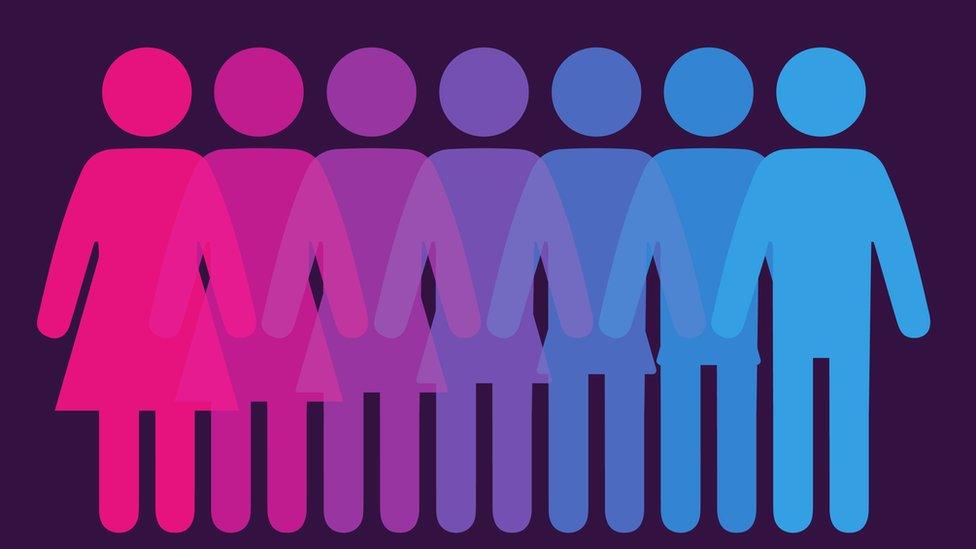
Researchers said further investigation was needed to determine the optimal treatment for transgender women wishing to breastfeed
Dr Channa Jayasena, a senior lecturer at Imperial College who specialises in reproductive endocrinology, said the research was an "exciting development".
He said he had heard of a few cases in the UK of transgender women being helped to breastfeed, but until now no report has been published.
Dr Jayasena added: "What we really need to do is pool together these cases and share our knowledge, to find the best recipe for breastfeeding in these patients without exposing them to any health risks."
The researchers said it was not clear whether all of the medications used in the woman's treatment were necessary to achieve lactation.
They said further investigation was needed to determine the optimal treatment for transgender women wishing to breastfeed.
- Published11 December 2017
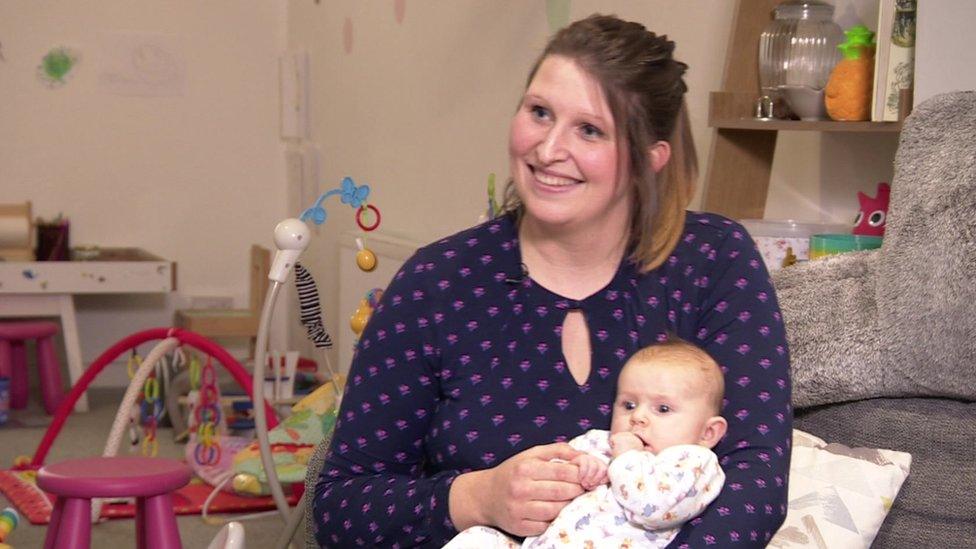
- Published30 January 2018
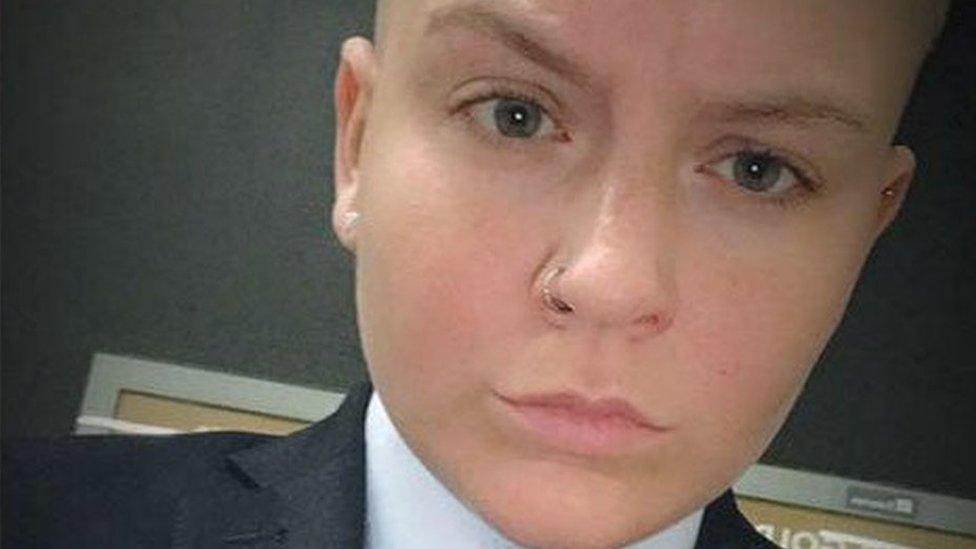
- Published29 January 2016
